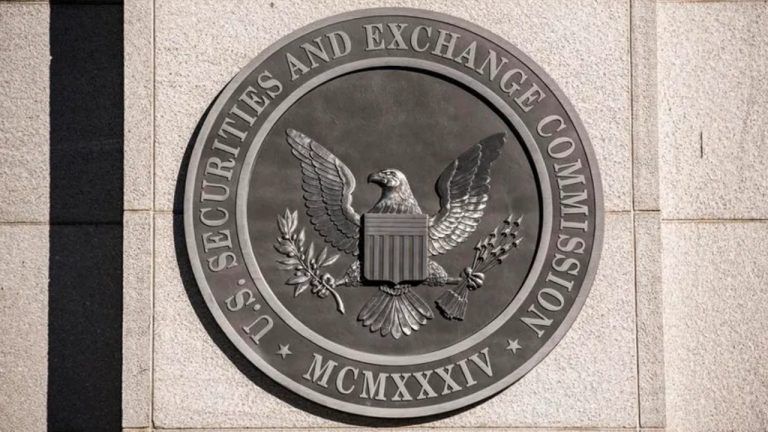Bitcoin ATMs Increase in Number in Moscow, Russia
The number of bitcoin ATMs has been on the rise in Russia’s capital and the rest of the country, a press report revealed this week. There is demand for the service as it offers easy access to cryptocurrencies, although not at the best exchange rates and still amid regulatory uncertainty.
More Crypto ATMs Installed in Russian Federation Despite Absence of Regulations
With growing interest in cryptocurrencies, the number of devices offering automated teller services for digital assets is increasing, the Russian business daily Kommersant noted in article. Several dozen bitcoin ATMs (BATMs) are now operating across the country, despite the lack of clarity in terms of regulation.
Moscow has taken the lead when it comes to new installations. Quoting one of the companies behind them, Rusbit, the newspaper revealed that 14 new ‘cryptomats’ have appeared in the capital city this year, bringing the total across the Russian Federation to 52 units. Given Russia’s territory and population, that’s still a relatively small number but Rusbit expects a spike in 2023.
Most BATMs allow users to purchase one or more coins with cash or a non-cash payment method like a credit card and then receive the digital money to a crypto wallet. Some also support the sale of cryptocurrency for fiat, but the machines in Russia do not currently offer such cash withdrawals.
Rusbit offers its ATMs for between $1,800 and 3,600 and maintains them for 1% of the turnover. The company says its business is completely legal regarding the law “On Digital Financial Assets” (DFAs) which went into force in January, last year. The devices share data with the Federal Tax Service just like cash registers and verify the identities of customers, keeping records of their crypto addresses.
However, legal experts interviewed by the publication say that the bitcoin teller machines are still “in the gray zone” as far as regulations are concerned. The DFA law only partially regulated cryptocurrencies and related activities while the Russian parliament is yet to review and adopt a more comprehensive bill “On Digital Currency.”
According to Ksenia Petrovets, senior associate at the Birch Legal law firm, the current legislation does not cover operations for the exchange of digital currency for fiat money or other cryptocurrencies and these are neither explicitly prohibited nor directly legalized and regulated.
Alexander Sharapov, a lawyer from KSK Group, pointed out that it’s unclear what legal acts should regulate the interaction between the seller and the buyer of the cryptocurrency in the case of BATMs. Pavel Ganin, partner at A.T.legal, added there is no procedure for consumer rights protection either.
The CEO of defi banking platform Indefibank, Sergey Mendeleev, is worried that the new bitcoin ATMs may be confiscated by the authorities just like those that were operated by Bbfpro. Acting on request from the Central Bank of Russia, law enforcement seized 22 of the company’s machines in 2018.
Nevertheless, demand for this type of service is there, as for ordinary Russians it’s quite difficult to buy coins when they need to find peer-to-peer exchanges, open accounts on English-language platforms, and pass know-your-customer (KYC) procedures, remarked Roman Kaufman, co-founder of Berezka DAO.
The main drawback is the unfavorable exchange rate usually offered by BATM operators, which in Russia is typically 10 to 15% higher than online exchangers. On the other hand, those who just want try crypto out, can use the teller machines to purchase a much smaller amount of digital cash in comparison with trading platforms.
Do you think sanctions that are limiting Russians’ access to major crypto platforms could result in an increase in bitcoin ATM installations in their country? Tell us in the comments section below.






